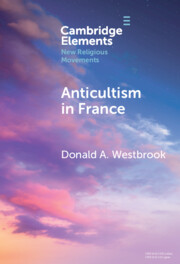This article looks at the ways in which the legal system of a modern European jurisdiction has engaged with a counter-cultural minority religious movement. The jurisdiction in question is England and Wales, and the religious movement is revived modern Paganism. The article seeks to cast light on the question of what a post-Christian secular state does in practice when its commitment to pluralistic values encounters a group whose self-understanding challenges the norms of both Christianity and secularity. In more general terms, it allows us to look at how the law of England and Wales has attempted to move beyond its historic confessional Protestant premises; and how this attempt has not been without its anomalies and shortcomings.


